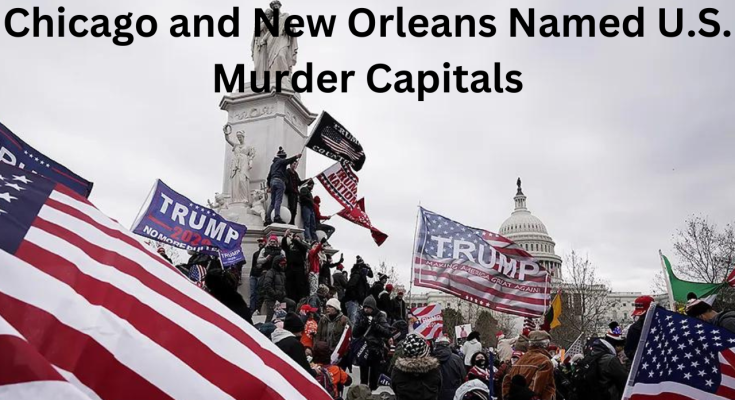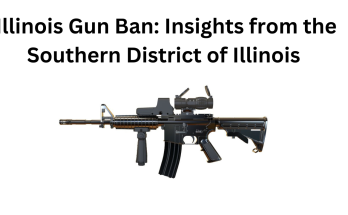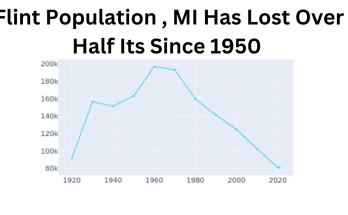Introduction Chicago and New Orleans Named U.S. Murder Capitals :
In a sobering revelation, a recent report has identified Chicago and New Orleans as the U.S. murder capitals, shedding light on the persistent challenges of violent crime in urban areas. This designation underscores the urgent need for comprehensive approaches to address the root causes of violence and promote community safety. In this article, we’ll delve into the factors contributing to Chicago and New Orleans’ status as murder capitals, explore the implications for residents and policymakers, and discuss potential solutions to this pressing issue.
Chicago: A City Grappling with Violent Crime:
Chicago, often dubbed the “Windy City,” has garnered national attention for its high rates of violent crime, including homicides. Factors contributing to Chicago’s designation as a murder capital include:
- Gang Violence: Gang-related activity and turf wars have fueled a significant portion of Chicago’s violent crime, contributing to a cycle of retaliation and bloodshed in certain neighborhoods.
- Economic Disparities: Socioeconomic disparities, poverty, and lack of access to educational and employment opportunities have created environments where criminal activity can flourish, particularly among disadvantaged youth.
- Illegal Firearms: The prevalence of illegal firearms in Chicago exacerbates the city’s violent crime problem, making it easier for individuals to commit acts of violence and evade law enforcement.

Read More Related Article: Understanding Colorado Crime Rate: Ranking 4th in the Nation
New Orleans: Navigating Complex Challenges of Crime and Poverty:
New Orleans, known for its vibrant culture and rich history, faces its own set of challenges as a U.S. murder capital. Contributing factors include:
- Historical Context: New Orleans has a long-standing history of violent crime, shaped by factors such as poverty, racial segregation, and systemic inequalities that continue to impact communities today.
- Drug Trade: The city’s proximity to major drug trafficking routes and its history of drug-related violence contribute to its high murder rate, as rival gangs and criminal organizations vie for control of lucrative markets.
- Police-Community Relations: Tensions between law enforcement and communities of color in New Orleans have strained trust and cooperation, hindering efforts to address crime effectively and promote community policing initiatives.
Implications for Residents and Policymakers:
The designation of Chicago and New Orleans as U.S. murder capitals carries significant implications for residents, policymakers, and law enforcement agencies:
- Public Safety Concerns: Residents in these cities may experience heightened concerns about personal safety and community well-being, impacting their quality of life and sense of security.
- Economic Impact: High rates of violent crime can deter businesses and investors from investing in affected areas, limiting economic growth and opportunities for residents.
- Policy Priorities: Policymakers and community leaders must prioritize initiatives aimed at addressing the root causes of violent crime, including poverty, lack of opportunity, and access to firearms.
Potential Solutions and Strategies:
Addressing the challenges of violent crime in Chicago, New Orleans, and other U.S. murder capitals requires a comprehensive approach that addresses root causes while promoting community safety and well-being:
- Community Engagement: Fostering trust and collaboration between law enforcement agencies and communities is essential for effective crime prevention and response efforts. Community policing initiatives that prioritize dialogue, transparency, and mutual respect can enhance public safety outcomes.
- Investment in Youth: Providing at-risk youth with access to educational, recreational, and vocational opportunities can divert them from a life of crime and promote positive social development. Mentoring programs, job training initiatives, and after-school programs can help steer young people away from violence and criminal activity.
- Targeted Enforcement: Targeting violent offenders and criminal networks through proactive policing strategies and intelligence-led operations can disrupt criminal activity and remove dangerous individuals from communities. Strategic deployment of resources and collaboration with federal partners can enhance law enforcement’s effectiveness in combating violent crime.
Conclusion to Chicago and New Orleans Named U.S. Murder Capitals:
The designation of Chicago and New Orleans as U.S. murder capitals highlights the complex challenges of violent crime in urban areas and the urgent need for coordinated efforts to address them. By understanding the root causes of violence, fostering community partnerships, and implementing evidence-based strategies, cities can work towards creating safer and more resilient communities for all residents.
For more detail please visit: Chicago and New Orleans Named U.S. Murder Capitals




